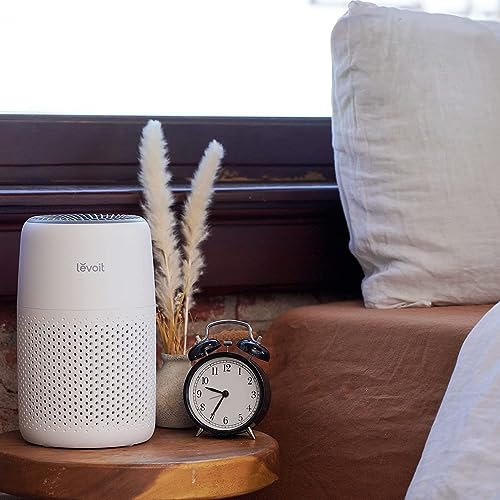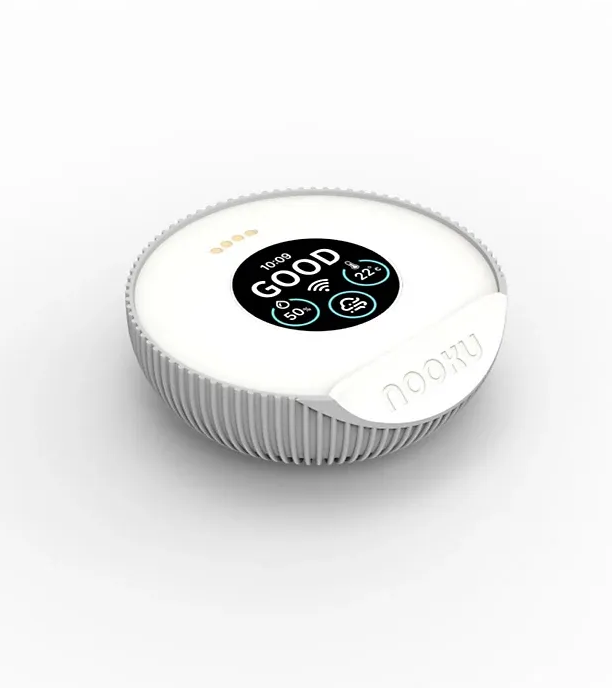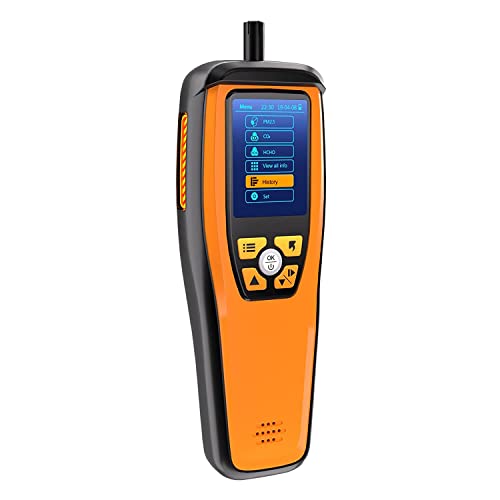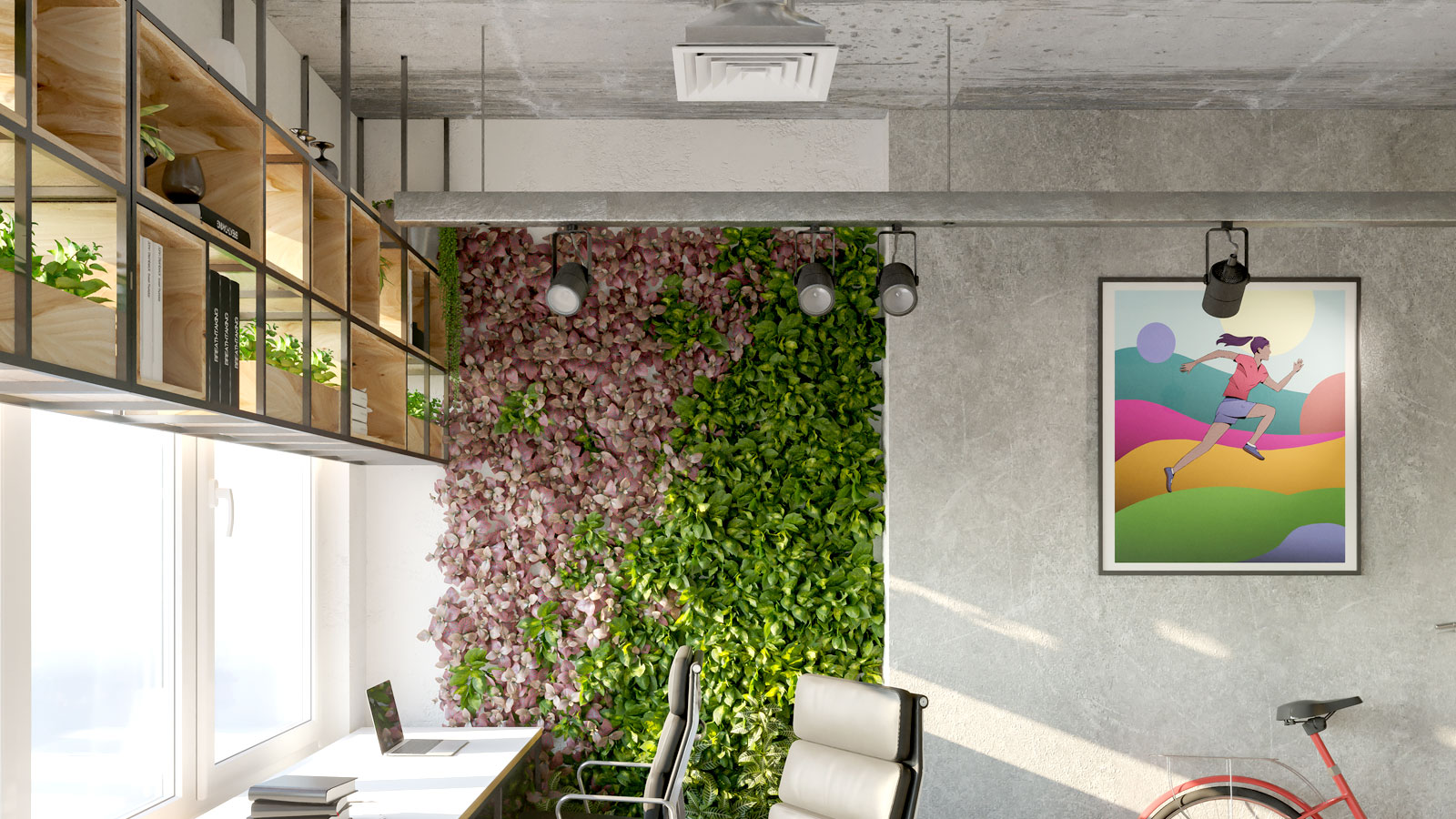What is HVAC and is it suitable for your home?
We explore the main types of HVAC systems and explain whether they are suitable for your home

When it comes to creating a comfortable, energy-efficient home, HVAC systems play a crucial role in providing consistent heating, cooling, and air quality management.
With various types of HVAC systems to choose from – each offering different benefits and efficiency levels – it’s essential to understand how each one works and which option best suits your heating, ventilation and air conditioning needs.
In this guide, we’ll dive into the basics of HVAC systems, break down the four main types and explore the benefits they can bring to your home.
How does HVAC work?
Heating, ventilation and air conditioning (HVAC) systems circulate air throughout the home, delivering either heated or cooled air to maintain a comfortable indoor climate.
In cooling mode, the system removes heat and moisture from the air by using refrigerant to absorb indoor heat and release it outside, leaving cooler, dehumidified air indoors.
For heating, HVAC systems either:
- Generate heat: Furnaces burn fuel (like gas or oil) or use electricity to warm the air, which is then circulated.
- Transfer heat: Heat pumps transfer heat from outside to inside, even in colder weather, by using refrigerant to extract heat from the air or ground.
Ventilation systems maintain fresh air circulation, expelling stale air, regulating humidity and reducing pollutant buildup for better indoor air quality.
Products that help maintain air quality
What are the four different types of HVAC systems?
Jess Steele, heating technology expert at Best Heating, categorises HVAC systems into four main systems. These include:
- Split systems, the most common type, include an outdoor condenser and an indoor unit, typically for cooling but also capable of heating with a heat pump.
- Hybrid split systems combine a heat pump with a gas furnace, providing efficient electric heating with the option of gas heating for flexibility and cost savings.
- Ductless mini-splits, which require no ductwork and feature an outdoor compressor with one or more indoor units, allowing for precise temperature control in individual rooms – ideal for homes without ducts or for zoning.
- Geothermal systems, which Best Heating described as “highly energy-efficient and eco-friendly, using the earth’s stable temperature through underground pipes to provide reliable heating and cooling", a solution they claim that’s becoming increasingly popular in the UK.

Jess is passionate about interior design and aims to inspire people to see radiators as a stylish part of home decor. She helps customers make informed choices on their heating systems and the different options available to them.
What are the benefits of HVAC?
Jess Steele said: “Some key benefits of HVAC include added comfort, improved air quality, better energy efficiency, and increased property value."
HVAC systems offer consistent, reliable temperature control, ensuring a comfortable indoor environment year-round, regardless of the weather. They also help improve indoor air quality by filtering out pollutants and allergens and controlling humidity levels, creating a healthier living space.”
She continued: “Modern HVAC units are built for energy efficiency, reducing energy consumption and lowering utility bills while maintaining top performance. A well-maintained, efficient HVAC system can also boost your home’s resale value, making it a smart investment for property owners."
What is the most energy efficient HVAC system?
Steele says: “Geothermal heat pumps are considered the most energy-efficient HVAC option because they leverage the earth's constant underground temperature. They require minimal electricity to transfer heat, making them extremely efficient for both heating and cooling.”
She added: “Ductless systems are also highly efficient, especially for targeted heating and cooling. Without ductwork – which can cause energy loss – they’re ideal for zoning and smaller spaces, maximising efficiency.”
“Modern air-source heat pumps are another very efficient option, especially in moderate climates,” Steele explained. “They provide both heating and cooling by transferring heat rather than generating it, which significantly reduces energy consumption."
Should you have HVAC in your house?
Choosing the right system depends on factors like climate, home size, insulation, and budget.
For instance, geothermal systems are ideal for long-term efficiency but have a higher upfront cost, while mini-splits offer flexibility and targeted efficiency.
James Henley, Product Development Manager at Daikin, the UK's leading provider of HVAC systems, explain the four main factors to consider whether your home is suitable for a HVAC system.
- Home size and layout: James said, "The size and layout of your home are essential in selecting a heat pump with the right capacity or BTU output to efficiently meet your heating and cooling needs".
- Climate: He advised to "Take into account your local climate and typical temperature ranges. Certain Daikin models are optimised to perform efficiently, even in extreme weather".
- Energy efficiency ratings: James also warned to "Look at the Seasonal Energy Efficiency Ratio (SEER) and Heating Seasonal Performance Factor (HSPF) ratings", which show the system’s efficiency in cooling and heating. He said "Higher ratings mean better efficiency".
- Budget: He conclude that "Your budget is also a key factor when choosing HVAC". He said "While premium models offer advanced features and higher efficiency, entry-level units still provide considerable energy savings and comfort".

James joined Daikin in 2007, beginning his career as a contracts engineer focused on project delivery. He later transitioned into sales, became the Chiller Product Manager, and is now the Product Development Manager. As Product Development Manager, James works on developing future HVAC solutions, supports marketing, and engages in client events, contributing to Daikin Applied’s mission to deliver advanced HVAC systems.
HVAC systems are a worthwhile investment for any homeowner seeking enhanced comfort, air quality, and efficiency in their living space.
Whether you're considering a modern air-source heat pump, an energy-efficient geothermal option, or a ductless mini-split for zoned comfort, choosing the right HVAC system can transform your home's environment and reduce energy costs.
For more expert advice and inspiration on creating a sustainable, comfortable home, explore our guides and stay up-to-date with the latest in homebuilding and renovation.
Get the Homebuilding & Renovating Newsletter
Bring your dream home to life with expert advice, how to guides and design inspiration. Sign up for our newsletter and get two free tickets to a Homebuilding & Renovating Show near you.

News Editor Joseph has previously written for Today’s Media and Chambers & Partners, focusing on news for conveyancers and industry professionals. Joseph has just started his own self build project, building his own home on his family’s farm with planning permission for a timber frame, three-bedroom house in a one-acre field. The foundation work has already begun and he hopes to have the home built in the next year. Prior to this he renovated his family's home as well as doing several DIY projects, including installing a shower, building sheds, and livestock fences and shelters for the farm’s animals. Outside of homebuilding, Joseph loves rugby and has written for Rugby World, the world’s largest rugby magazine.



